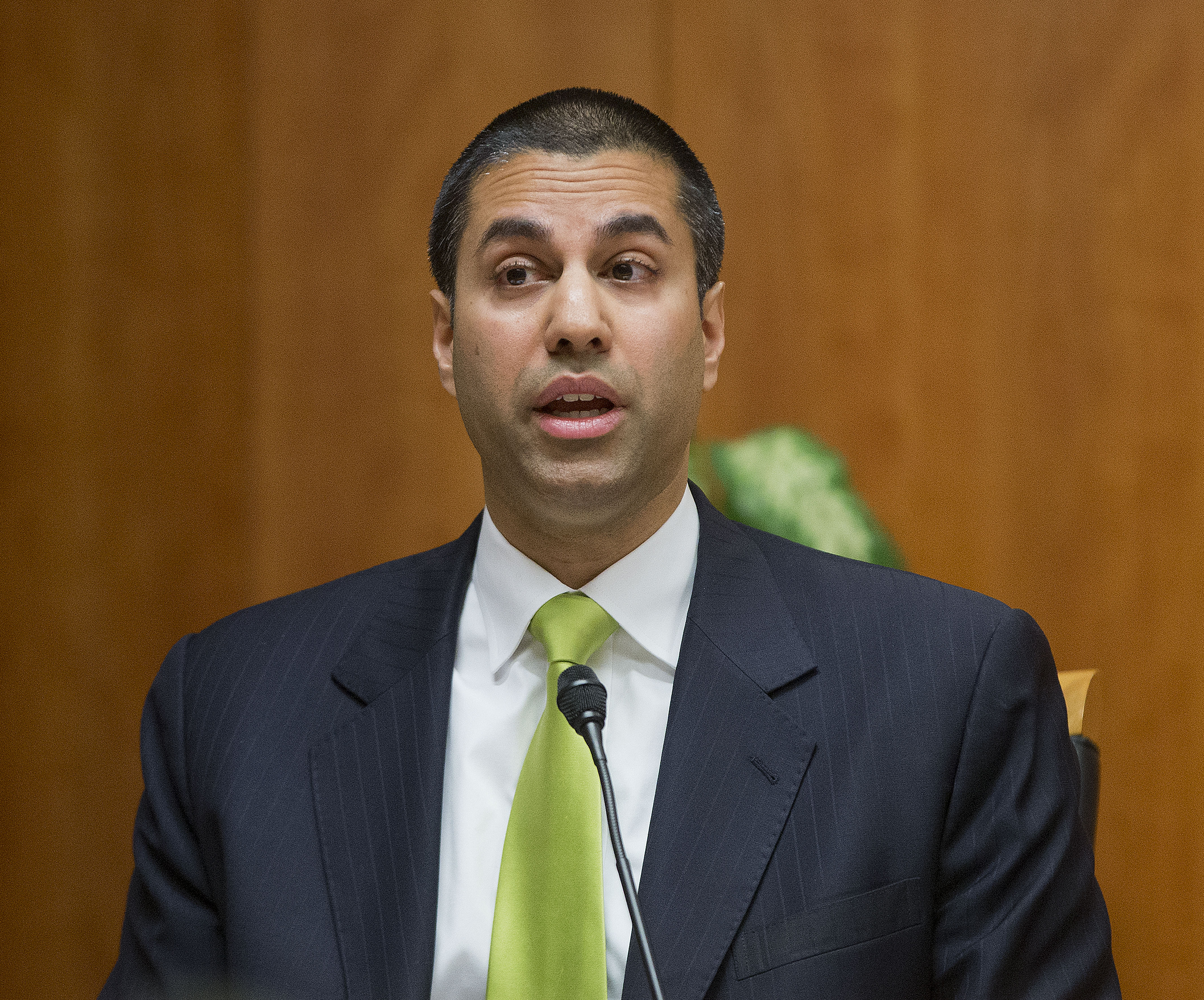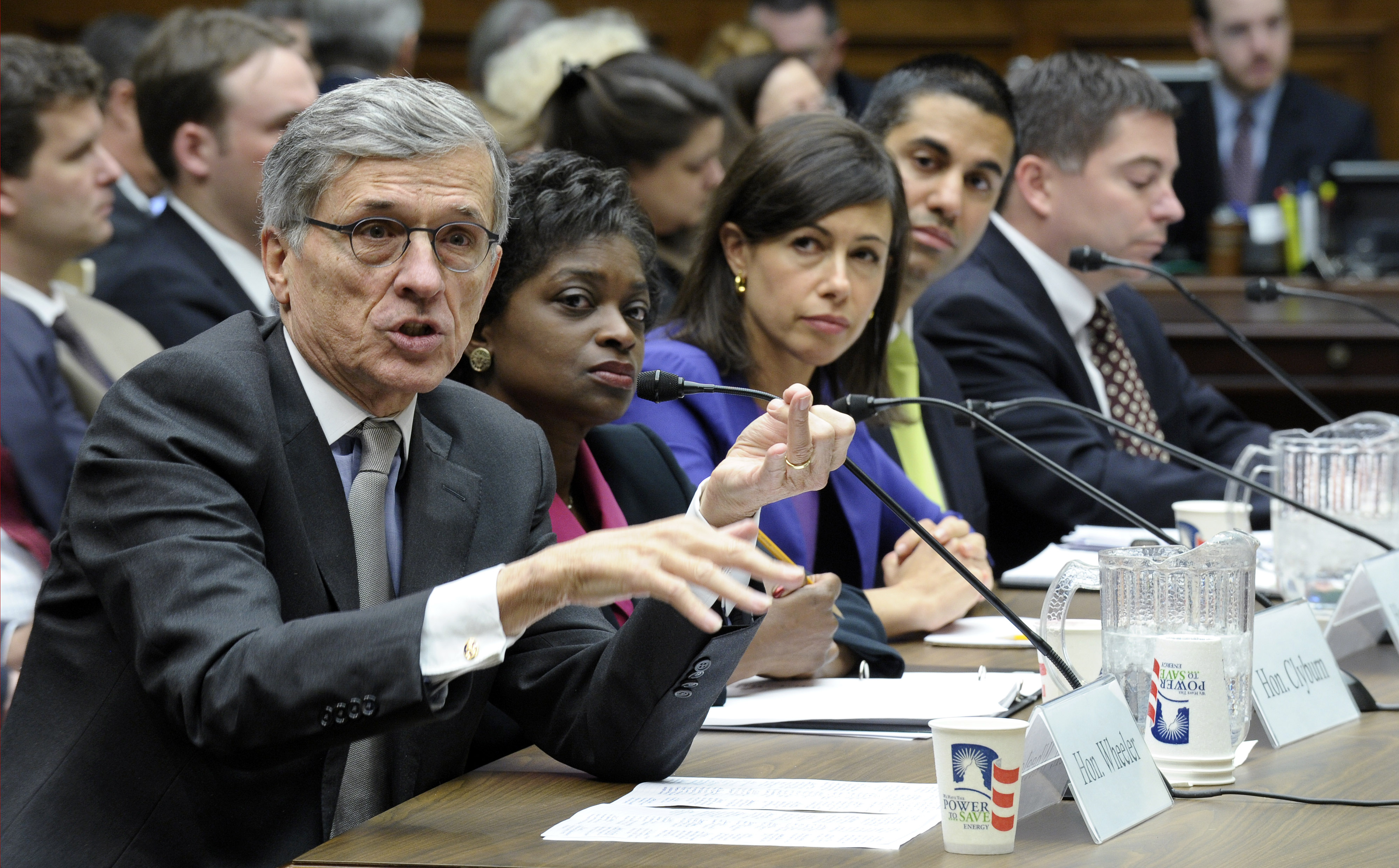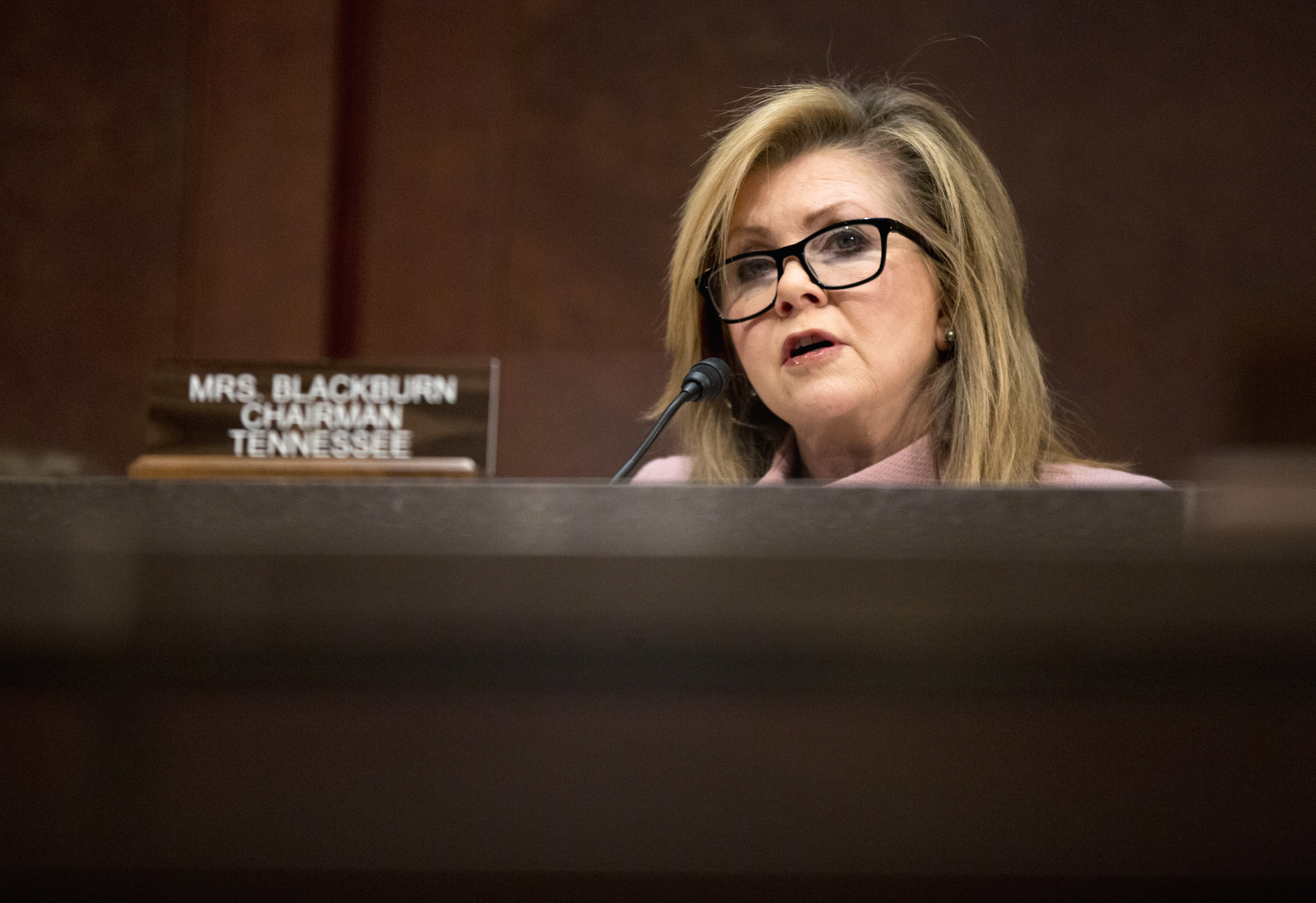Republicans Outline Changes Coming to FCC Under Trump

Republicans shaping up to have influential roles in the Federal Communications Commission next year outlined a lengthy list of changes coming to the agency under the Trump administration this week that go beyond a rollback of net neutrality.
Trump’s FCC transition team, Republicans in Congress and at the agency itself wasted no time making clear their intention to dismantle the order reclassifying internet providers as public utilities, the designation shared by more heavily regulated telephone providers. But changes will go beyond divisive rules passed along partisan votes to the agency itself.
“It is time to bring more openness and transparency to the FCC,” Commissioner Ajit Pai, one of the FCC’s two Republicans, told the conservative policy think-tank Free State Foundation Wednesday. “From publicly releasing the text of documents we vote on at public meetings to establishing an FCC Dashboard with key performance metrics, we can better enable the public to know what and how we are doing.”
Pai said it’s time for a reversal of the FCC culture of the last three years under Chairman Tom Wheeler. The Democrat routinely left Republican commissioners in the dark on drafting big proposals and passed more rules along partisan lines than any chairman in the last 20 years.
He may get a chance to steer those changes himself. Trump FCC transition team adviser Jeffrey Eisenach told CNBC Tuesday Pai or his Republican colleague Commissioner Michael O’Rielly will take over as chairman. That chairmanship, though more inclusive according to Pai, won’t be shy about a conservative brush fire of the regulatory landscape.
“I’m optimistic that last month’s election will prove to be an inflection point — and that during the Trump administration, we will shift from playing defense at the FCC to going on offense,” Pai said. “The regulatory underbrush at the FCC is thick. We need to fire up the weed whacker and remove those rules that are holding back investment, innovation, and job creation.”
Eisenach echoed the sentiment, saying of the deregulatory agenda he took part in under the Reagan administration, “absolutely, it can happen again.”
“The power of the state — there’s a market for that,” Eisenach said referring to the win edge providers secured over internet providers via net neutrality. “And people spend money to use the power of the state to make money themselves and invest in it. If you take that power away from the state, then people go off an invest the resources in entrepreneurship and other things.”
Congress will play a large role in reshaping the agency according to Pai, who said he was “optimistic that the FCC will once again respect the limits that Congress has placed on our authority.”
Tennessee Republican Rep. Marsha Blackburn, another Trump transition adviser and contender for chair of the Communications and Technology Subcommittee charged with overseeing the FCC, said Congress would ensure that with a rewrite of the 1934 Telecommunications Act to better reflect the digital era. The last rewrite took place in 1996.
While the agency could reign in net neutrality itself, Blackburn said it was a job better left to Congress. She suggested taking up legislation by Senate Commerce Committee Chairman John Thune and House Energy and Commerce Chairman Fred Upton to cement net neutrality protections from blocking and throttling internet traffic, but stops short of reclassifying internet providers as common carriers.
“I think you will see us address a net neutrality fix early in the next Congress,” Blackburn said at the same event Pai attended Wednesday. “A legislative fix is going to give you in the industry the certainty that you need so that you know what the rules of the road are for standards for internet conduct.”
An appeal of the rules by internet providers likely headed to the Supreme Court could do the job for them, according to Eisenach.
“There’s an appeals court decision that’s expected any day now that likely will hold up the FCC’s order, likely that goes to the Supremes and then there are a number of things the commission could do and people are looking at all those,” Eisenach said.




